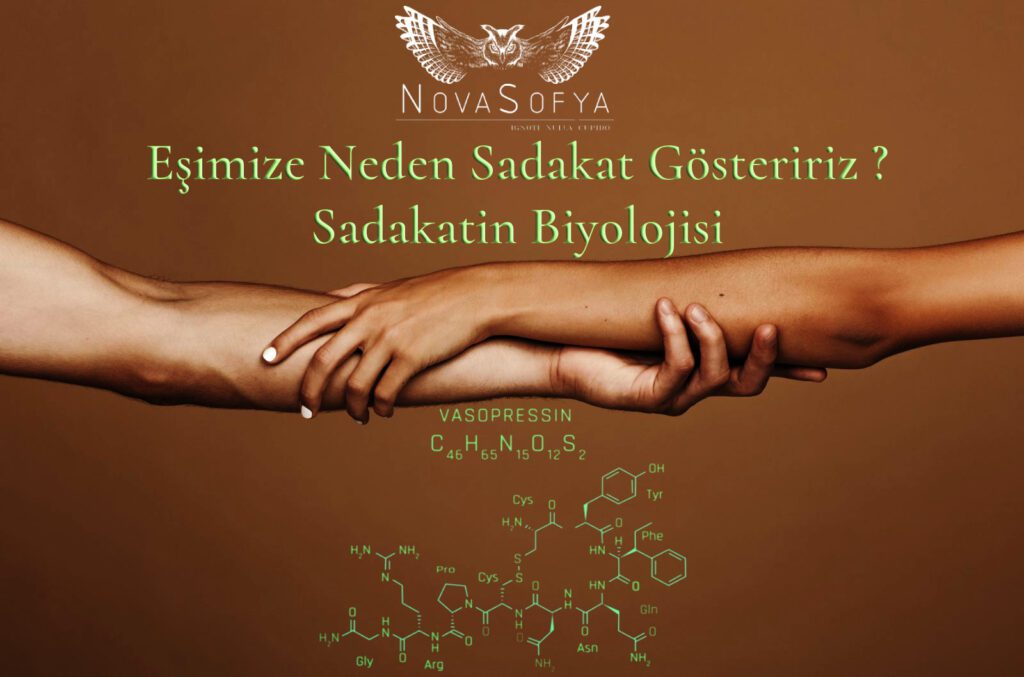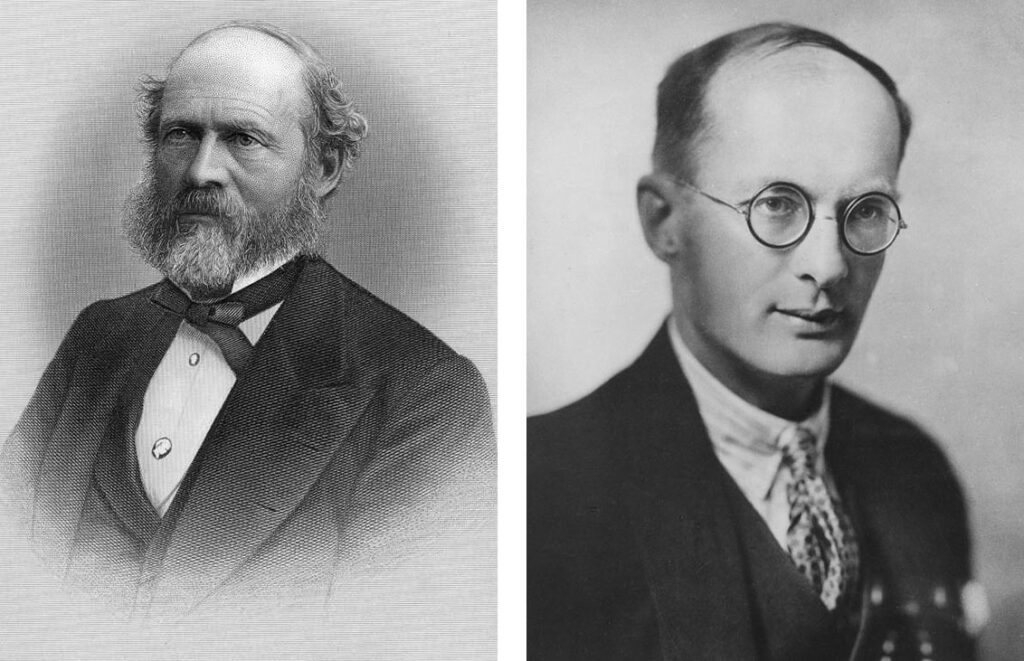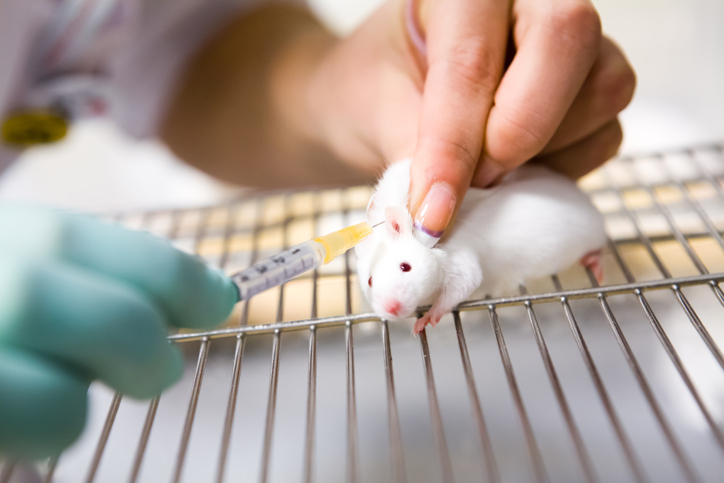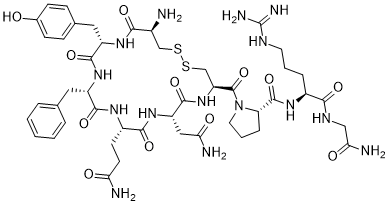Why Do We Be Faithful to Our Spouse? The Biology of Loyalty

19th and 20th centuries Century anthropologists, as a result of their research on the savages of the period, revealed that polygamy predominated among primitive societies. The claims of Lewis H. Morgan, Bronislaw Malinowski soon resonated in the world of science and philosophy. Subsequently, experts focused on monogamy (i.e., monogamy) and polygamy (polygamy), trying to solve the problem of which one human biology was predisposed to. Modern biology has said that polygamy is at the basis of man’s material existence, the phenomenon of culture led him to monogamy. But is it fair to say that monogamy or fidelity is only a cultural phenomenon? Can we explore the biological aspects of loyalty?

As we mentioned above, human history has evolved from polygamy to monogamy. So what was the role of our genes in this? As it is known, there is more than one gene in our body that controls each physiological function; Therefore, it is very difficult to reveal the genes that regulate complex behavior. At this point, the social environment also has a great impact. But just like in physical processes, it’s possible that there are basic genes that control certain behaviors.
Thomas R. Insel and Larry Young, neuroscientists at Emory University, conducted a study on pairs of rats and field mice. The reason they chose field mice was because they were monogamous. Field mice form a strong bond with their partner after mating, with the male mouse spending most of its time with the female mouse. The male mouse, on the other hand, spent as much time with its offspring as the female mouse and protected the family. But male rats, unlike field mice, would leave the female after mating and would not play a role in raising the offspring.

Thomas Insel and Larry Young studied the brain chemistry of these two mouse species. In particular, they measured the level of the hormones oxytocin and vasopressin, which cause being a couple and bonding with love. The researchers found differences in these two hormones acting in the brains of two species of mice. The levels of this hormone were not high in the brains of field mice, but the type of receptors associated with the hormones in question was different from the receptors in the brains of the rats. At this point, Thomas Insel and Larry Young focused on the hormone vasopressin. They transferred this hormone gene, which is concentrated in field mice, to several embryos taken from rats and placed these embryos in the wombs of female rats. The result was quite surprising:
These two new creatures, born of rats known for their infidelity, were surprisingly loyal when they grew up. This showed that loyalty also had some kind of hormonal, biological origin. In addition, the presence of vasopressin and oxytocin hormones in human biology shows that these hormones are also effective in our loyalty behaviors.

However, it cannot be said that each of us is loyal or unfaithful only due to the effect of the aforementioned hormones such as oxytocin and vasopressin. It’s true that we have genes that control oxytocin and vasopressin receptors in our brains, but many genes and environmental factors are also known to influence the evolution of behavior. For example, factors such as the course of relationships or the experiences of individuals since childhood have a direct impact on loyalty. Therefore, loyalty is neither a purely social, cultural phenomenon nor a purely biological fact.



